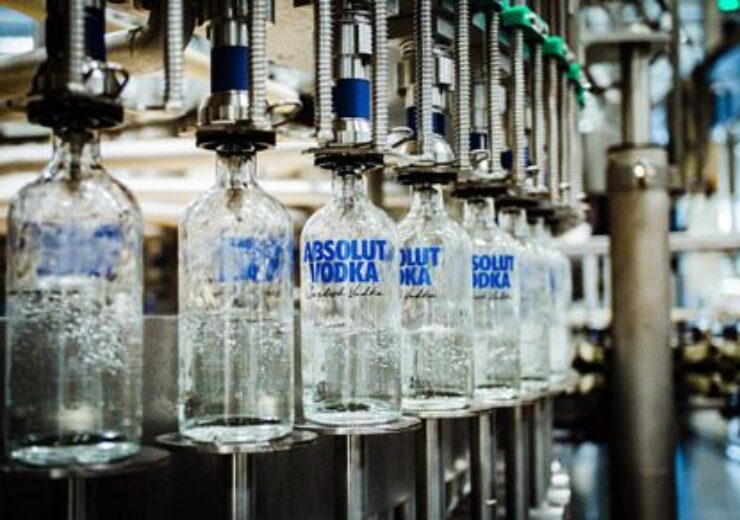The use of a hydrogen furnace is expected to reduce Absolut Vodka’s carbon footprint from glass by 20% and will help the firm in becoming completely CO2-neutral by 2030

Ardagh signs agreement with Absolut Vodka for hydrogen energy-fired glass furnace. (Credit: Ardagh Group S.A.)
Luxembourg-based packaging firm Ardagh Group has signed an agreement with Absolut Vodka for a partly hydrogen energy-fired glass furnace for large-scale production.
The move is said to be the first-of-its-kind shift in the spirits industry and is intended to minimise the CO2 emissions from making Absolut’s bottles.
Ardagh Group said the use of a hydrogen furnace is expected to reduce Absolut Vodka’s carbon footprint from glass by 20% and will help the firm become completely CO2-neutral by 2030.
The glass furnace is expected to commence operations in the second half of 2023.
Ardagh Glass Packaging in Limmared, a unit of Ardagh Group, along with Absolut Vodka has co-invested in the hydrogen-fired glass furnace.
Ardagh said that the partnership will expedite the shift of the global glassmaking process for a more sustainable future.
Ardagh’s Limmared glass production facility in Sweden, which has been a partner with Absolut for four decades, currently powers its furnaces with a mix of natural gas and electricity.
Ardagh will start a pilot in Limmared where 20% of its natural gas will be replaced with green hydrogen to produce Absolut’s bottles. This includes a modification in the ongoing production of Absolut bottles for all international markets.
The electricity will be generated on-site using renewable energy sources, the packaging firm said.
Ardagh Glass Limmared managing director Bo Nilsson said: “Our industry needs to be less reliant on fossil fuels and transition at pace to using more green energy.
“By investing in this new technology, we are embarking on a journey to reduce the carbon footprint of our glass packaging.
“There are challenges with such innovation, but we are committed to being an early mover in future-proofing our glass manufacturing operations worldwide.”
The move follows other joint measures to cut carbon emissions, such as making glass lighter, using more electricity in the present furnace, and using a lot more recycled flint glass.
